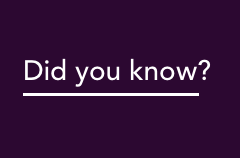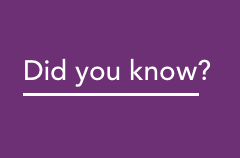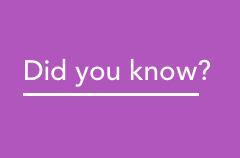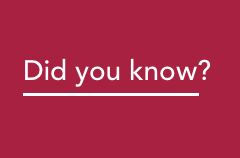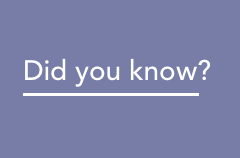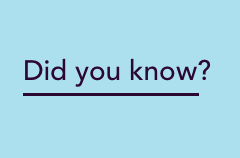AEMO’s latest Virtual Power Plant (VPP) Knowledge Sharing Report shows that VPPs can play a role in providing network-stability services and reducing the threat from minimum demand to power system security.
A VPP is an aggregation of consumer-owned distributed energy resources (DERs), such as rooftop solar systems and batteries, operated using software and communications technology to provide energy and network services traditionally performed by a conventional power plant.
AEMO, with funding from the Australian Renewable Energy Agency (ARENA), initiated its VPP Demonstrations program in 2019, which now includes seven VPP participants with more than 5,000 consumers located in multiple states with varying DER technologies.
AEMO’s Chief Member Services Officer, Violette Mouchaileh, said: “Our third knowledge sharing report showed that VPPs assisted in elevating the South Australian operational demand by approximately 5 megawatts during the record minimum demand period on 11 October 2020, which reduced the severity of the event.
“Further, we’ve seen that VPPs prioritise fleet availability for Frequency Control Ancillary Services (FCAS) markets over other value streams, such as energy arbitrage. This makes accurately forecasting behaviour as VPPs scale more complex.
“Therefore, ongoing collaboration with industry and development of operational visibility, forecast-ability and dispatchability of VPPs will be critical to ensuring efficient integration into the power system,” she said.
Beyond the VPP Demonstrations, further work and collaboration with the industry is required on how VPPs could provide regulation FCAS and wholesale demand response, and act as ‘Relevant Agents’.
In July, AEMO will publish a Consumer Insights Report. However, early insights from consumers participating in the demonstrations program show they are motivated by a variety of factors, such as:
- saving money on their energy bills (42%).
- utilising government subsidies/discounts on hardware (19%).
- having a backup energy supply (14%).
“Positive expectations mostly translate into high levels of satisfaction; keeping consumers informed about financial, environmental and societal benefits is encouraged to maintain high levels of satisfaction,” Ms Mouchaileh said.
To support the release of this report, AEMO will run a public webinar in March covering insights from knowledge sharing reports one and two in addition to this report. If you are interested in attending, please send your details to DERProgram@aemo.com.au.
For further information, please access useful resources on AEMO’s website:
- Minimum demand explained
- Frequency control explained
- South Australia minimum demand record article

